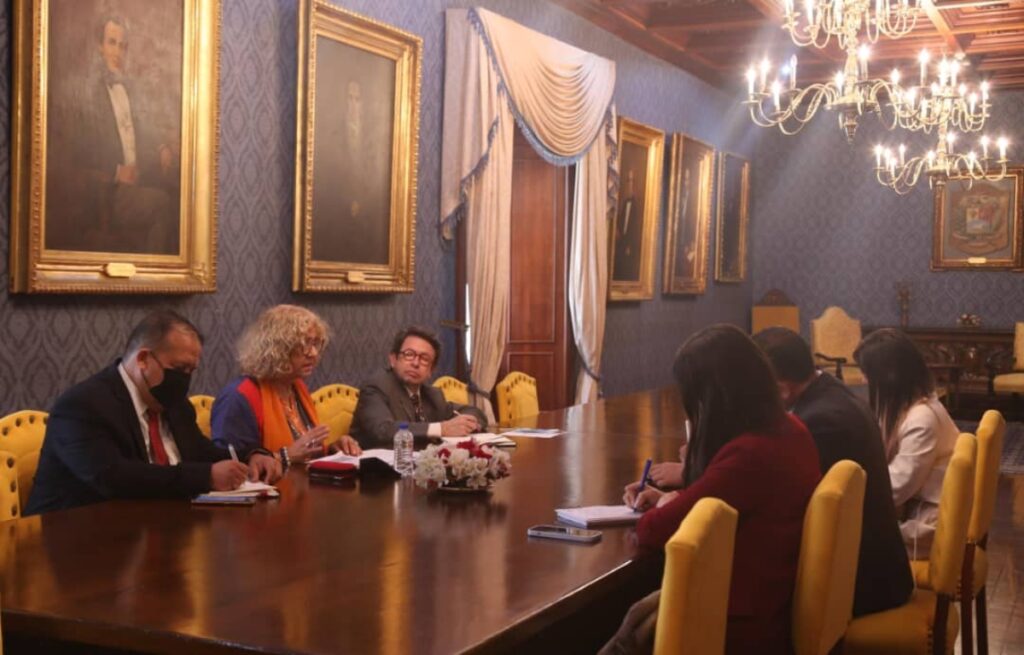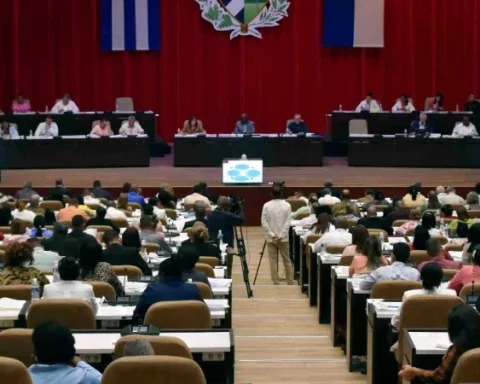
Sartori announced that, based on a report prepared by the constitutional lawyers Carlos Delpiazzo and Martín Risso, he will present an appeal of unconstitutionality, before the Supreme Court of Justice, considering that the omission of not presenting an affidavit of his spouse, Ekaterina Rybolóvleva, does not constitute a fault. , before the JUTEP.
“I will file the appeal of unconstitutionality before the SCJ. The reports of Risso and Delpiazzo, eminences in constitutional law, are categorical: ‘the omission of his spouse to present an affidavit before JUTEP does not constitute any fault attributable to Senator Sartori,’ ”said the nationalist legislator on his Twitter account.
arguments
Risso states that Sartori and his wife have “totally separate estates.” At the time, the legislator asked Rybolóvleva for information about her assets abroad, but she refused, a position she maintains, so the parliamentarian cannot “force his wife to give that information.”
The constitutional lawyer considers that “no official can be sanctioned because the refusal of the spouse or partner is insurmountable.”
For his part, Delpiazzo, also a constitutionalist, stated that the Cristal Law, 17,060, is “unconstitutional”, because article 12 requires that the sworn statement be submitted not only to the public official, but also to his or her spouse or partner, and since they are not them public officials, “their right to privacy protects them.”
Law No. 17,060, known as the “Crystal Law of public officials”, refers in article 12 of Chapter V, to the “sworn declaration of assets and income of public authorities and officials”. Provides that the affidavit will contain two parts. A first detailed and reserved part, and a second part, called synthesis and open.
“The second part, open to the JUTEP, will be a summary of the previous one and will contain the identification data of the official, a summary of the monthly average of his income for the last twelve months, of the totals of his assets and liabilities, including his share in the marital or concubinary partnership of property, as the case may be, and the list of companies to which it is linked through participation in its ownership (total or partial) or administration, receives salary, interest, fees, has general power of attorney or integrates management or advisory bodies, even if it is on an honorary basis”, establishes the articles.



















